Iran’s 11th Parliamentary Elections in numbers
Iran is less than a month away from holding the legislative elections to appoint lawmakers to its 11th Majlis (Parliament) since the country’s 1979 Islamic Revolution.
Here are some details:
The elections, which come every four years, are to go underway on February 21. A second round could take place in the second month of the next year on the solar calendar (April 20-May 20, 2020) if some seats remain vacant.
Last year, the Parliament objected to a motion to increase the number of the elective seats, keeping their number at 290.
In line with the national Election Office’s instructions, an eligible contestant’s age should range from 30 to 75.
A total of 55 million people are eligible to cast their ballots. Therefore, there would be one lawmaker at the Parliament per each 190,000-strong segment of the Iranian population.
The aspirants registered for the race during a four-day period starting from October 28, 2019. They hail from 208 constituencies.

Some have been disqualified from partaking in the race by the Guardian Council, the country’s top supervisory and vetting body, which oversees the elections.
According to Interior Minister Abdol-Reza Rahmani-Fazli, however, more than 91 percent of the hopefuls have been approved by the Council, who had received the records and credentials of more than 15,000 people.
Given the number of the disqualifications, there is one seat available at the legislature for every 17 competing candidates.
The minister has also announced that more than 85 percent of the electoral process takes place electronically, saying that this eliminates the risk of electoral fraud by 90 percent.
As with the previous round, the major rivaling camps are those of Principlists and Reformists. The two fronts are yet to produce their respective lists of candidates.
In the last legislative elections, the Hope List comprising Reformist candidates secured relative majority at the Parliament after winning 122 seats over two rounds of elections. In all, the Reformist camp together with moderate candidates took 137 seats against 120 seats that went to the Principlists.
On Monday, President Hassan Rouhani urged a high turnout in the polls, warning the public against attempts at harming their trust in the country’s Islamic establishment.
Rouhani also highlighted the need for diversity and competitiveness in the upcoming elections. He said the elections must be inclusive meaning that all parties, irrespective of their political orientation, needed to be represented in the election process.
'We said repeatedly our patience has limits': Hezbollah leader
IRGC announces 'blinding' US, Israel's eye in region; vows harsher retaliation coming
Iraqi resistance leader urges Americans to ‘reclaim’ country from Israeli ‘puppet Trump
Iran blasts US-Israeli use of autonomous killer systems against civilians as 'war crime'
US-Israeli aggression left Tehran with no choice but to defend Itself: President Pezeshkian
Iran urges immediate intl. action against US attacks on schools
Iraq won’t allow terror groups to cross border into Iran: Security official
Iran’s security chief: Does America come first or Israel with 500 US soldiers killed?


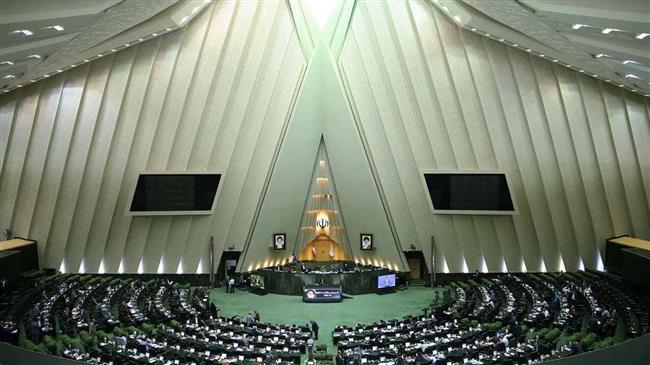

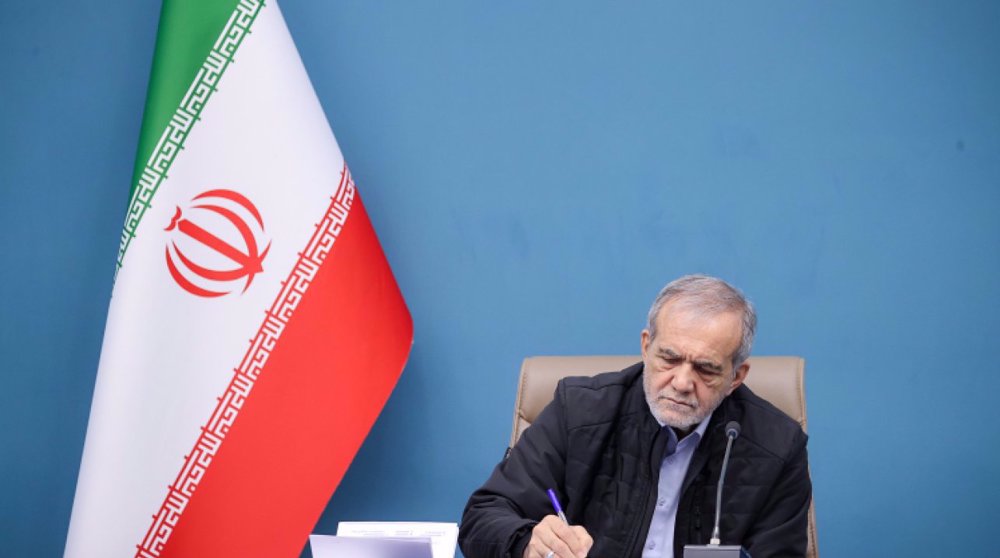
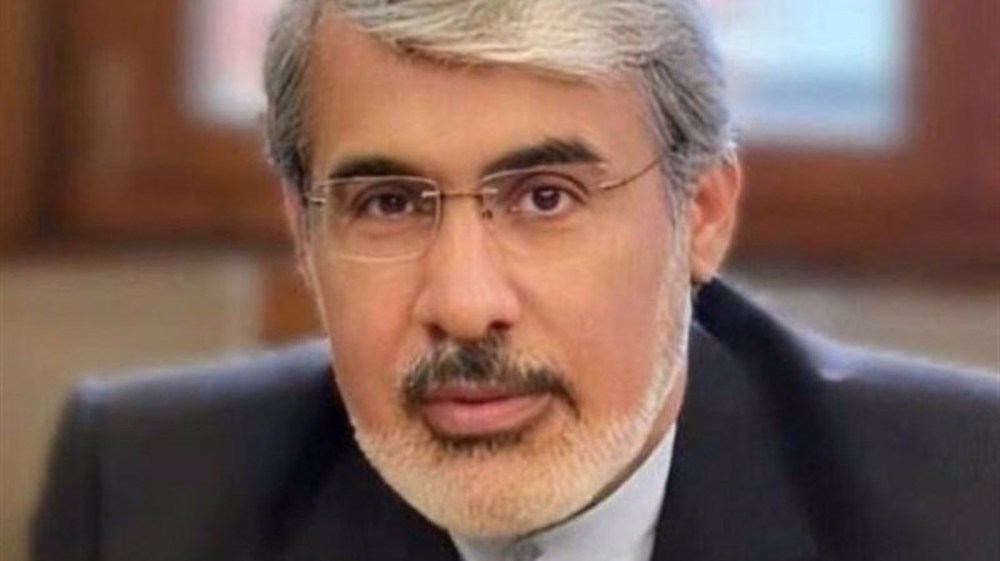
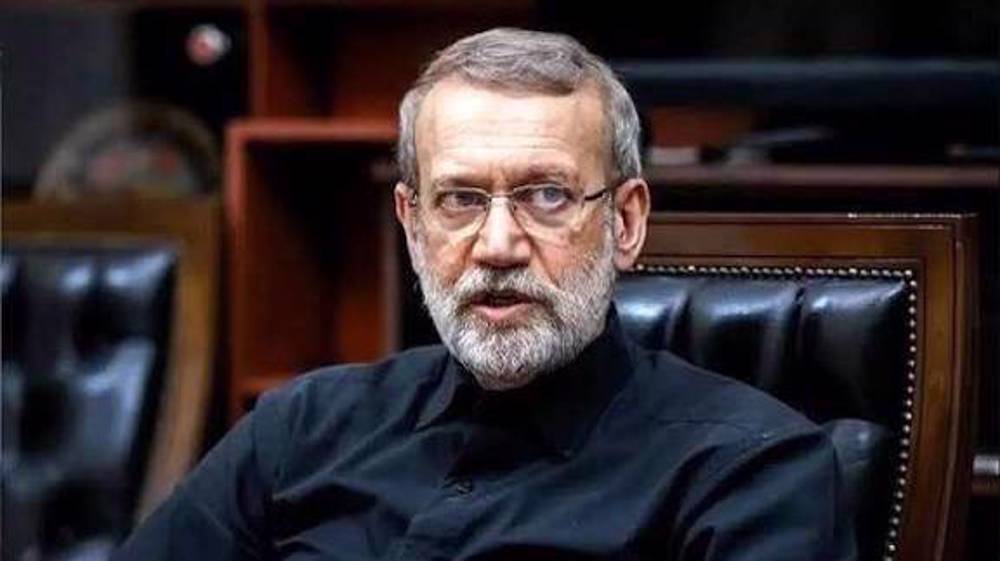




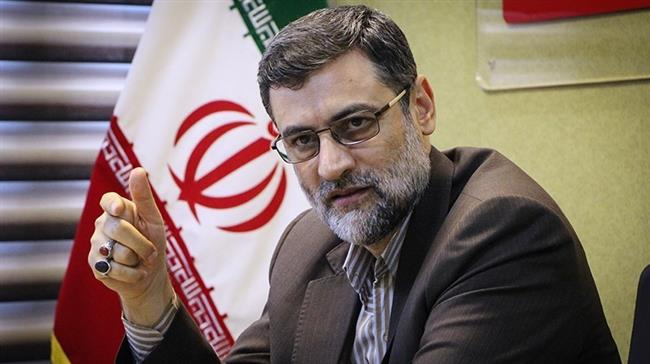


 This makes it easy to access the Press TV website
This makes it easy to access the Press TV website